17, April 2019
Human Rights Watch calls for arrests in South Africa after attacks on foreigners 0
Human Rights Watch (HRW) has urged South African authorities to prosecute the perpetrators of deadly xenophobic violence that displaced some 300 Malawi migrants three weeks ago but has yielded no arrests.
From March 25 to 27, mobs armed with metal rods and machetes broke into the homes of foreigners in Durban on South Africa’s east coast, chasing them out and looting their belongings, HRW said.
The UN High Commissioner for Refugees (UNHCR) has said at least six foreign nationals were killed and several injured, raising fears of a resurgence of xenophobic bloodshed in a country where poor, jobless people accuse migrants of taking their work and benefits.
About 88 survivors of the Durban attacks asked to be sent back to Malawi as they felt unsafe, according to representatives of the Malawi High Commission.
Others had no choice but to return to the same informal settlement they had been violently chased out of.
“Re-integration of foreign nationals into communities without justice and accountability for past xenophobic attacks is a recipe for disaster,” said HRW’s southern Africa director Dewa Mavhinga.
“To deter those who attack foreign nationals, there is an urgent need for effective policing, arrests, and prosecutions.”
The lack of arrests showed “impunity for xenophobic crimes,” said the rights watchdog.
Widespread condemnation of the violence prompted emergency talks between South Africa’s foreign and police ministers, Lindiwe Sisulu and Bheki Cele, and diplomats of African countries.

HRW also urged politicians to refrain from statements that “scapegoat migrants and feed anti-foreigner violence,” ahead of May 8 general elections.
It cited remarks by President Cyril Ramaphosa at a party rally in March, when he “blamed undocumented migrants for problems and promised a crackdown.”
The country hosts millions of foreigners, most from African countries and many undocumented.
Immigrants bear much of the anger about chronic unemployment and limited economic gains made by poor black people since white-minority rule ended in 1994.
Violence erupts sporadically, targeting foreign-owned shops and migrants themselves.
Sixty-two people were killed in a wave of xenophobic violence in 2008, and at least seven in a fresh outburst in 2015.
(Source: AFP)



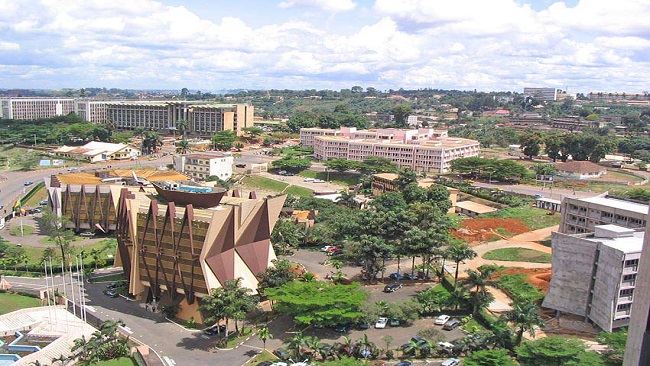
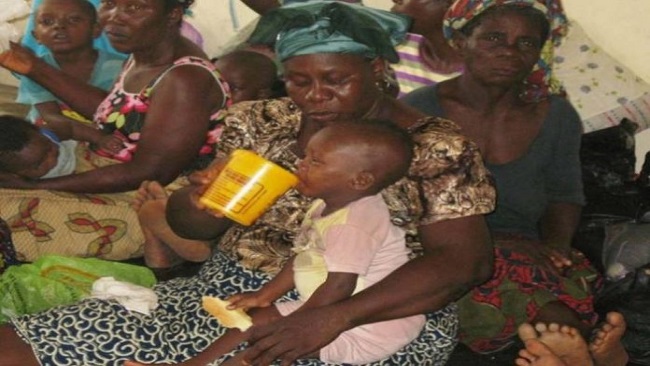
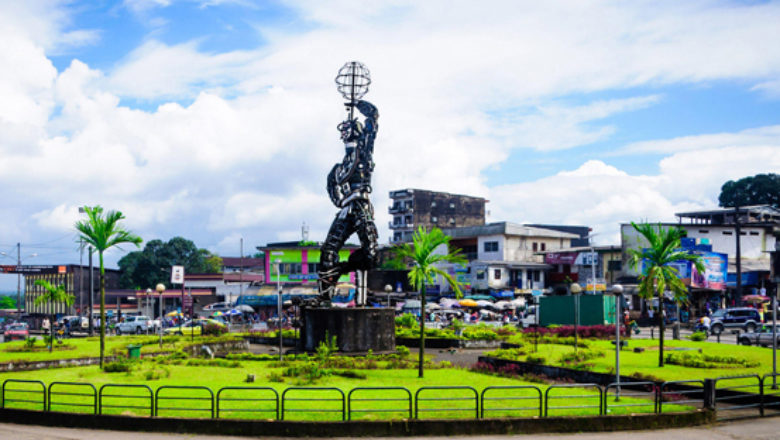


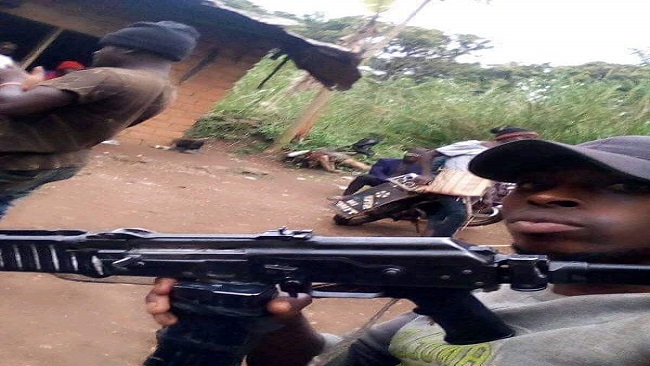

















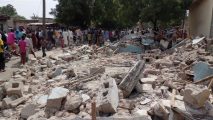

18, April 2019
UN Economic Commission Chief urges Cameroon to ratify Africa free trade deal 0
The chief of the UN Economic Commission for Africa (ECA) on Wednesday urged Cameroon to ratify the African Continental Free trade Area (AfCFTA) agreement.
The agreement is the tool that is going to help Cameroon overcome “the storms” of the global economic environment, ECA Executive Secretary Vera Songwe said at the opening of the National AfCFTA Information and Sensitization Forum co-organized by ECA and the Government of Cameroon in partnership with the European Union in the capital, Yaounde.
“We are really hoping that Cameroon ratifies this AfCFTA because I think there is no doubt that our country and many others on the continent needs additional investment. With the AfCFTA you get investments that you need to be able to revamp your economy and more importantly create jobs,” said Songwe, who is also a Cameroonian.
Cameroon was among the first African countries to sign the agreement last year but it’s still laying the groundwork for the entry into force of the AfCFTA.
“If we are able to ratify this AfCFTA, Cameroon will start having value addition. We will be able to process our cotton and sell to Ethiopia. I think the big story of the continental free trade agreement is that value addition, which essentially means that value and quality of the goods and the resources that are put into making the goods, stay on the continent,” she added.
Twenty-two African nations have already ratified the agreement, the minimum threshold expected to approve the deal among the 55 members of the African Union.
Source: Xinhuanet